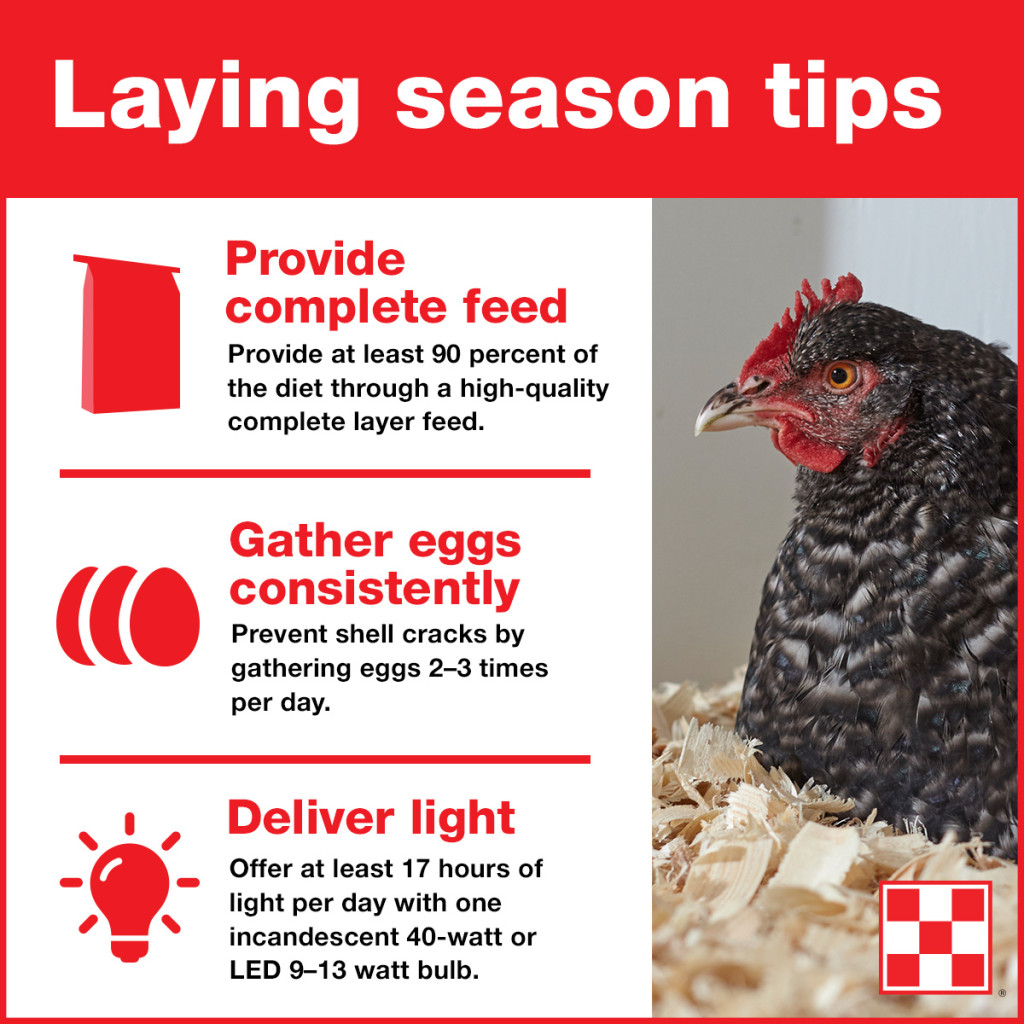When it comes to chicken husbandry, one of the most important questions is “what to feed hens to lay eggs?”. It is essential for a successful backyard poultry business or for an individual to understand the basics of chicken nutrition and what to feed hens to lay eggs. This guide will cover the essential information you need to know about selecting and providing a balanced diet for laying hens, including what to feed hens to lay eggs and how to properly store and manage the feed.
Nutritional Requirements of Hens
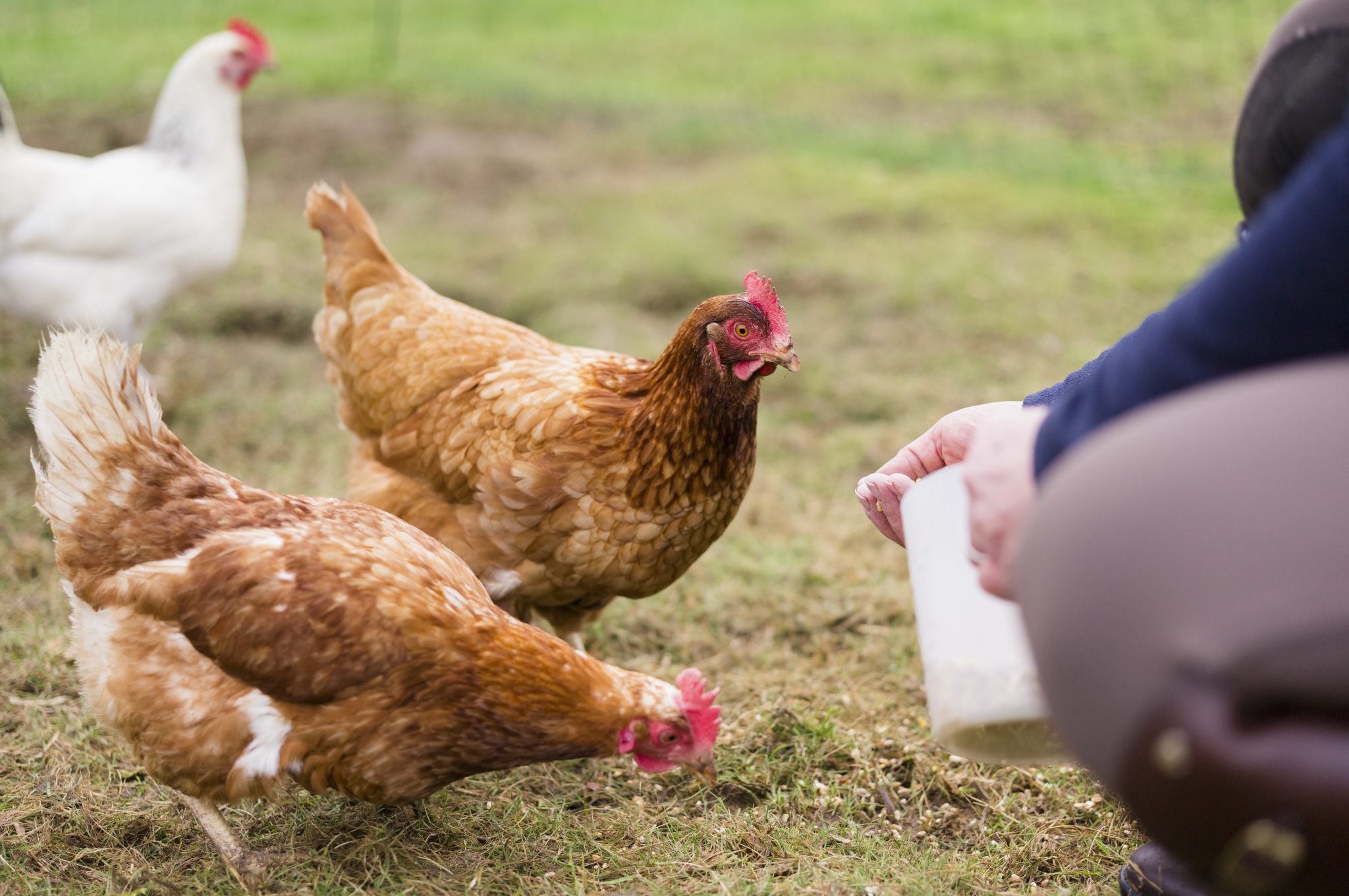
Protein
Hens require a certain amount of protein in their diet to lay eggs. Protein sources can include mealworms, crickets, cooked eggs, and special poultry feed. Protein should make up at least 15% of the total diet.
Calcium
Calcium is essential for eggshell production. Good sources include oyster shell, cuttlebone, and eggshells. A calcium supplement should be available at all times.
Vitamins & Minerals
Vitamins and minerals are essential for overall health and production. The best food for chickens to lay eggs is a well-balanced poultry feed. Vegetables, fruits, and kitchen scraps can also be supplemented to provide additional nutrients.
Best Food for Chickens to Lay Eggs
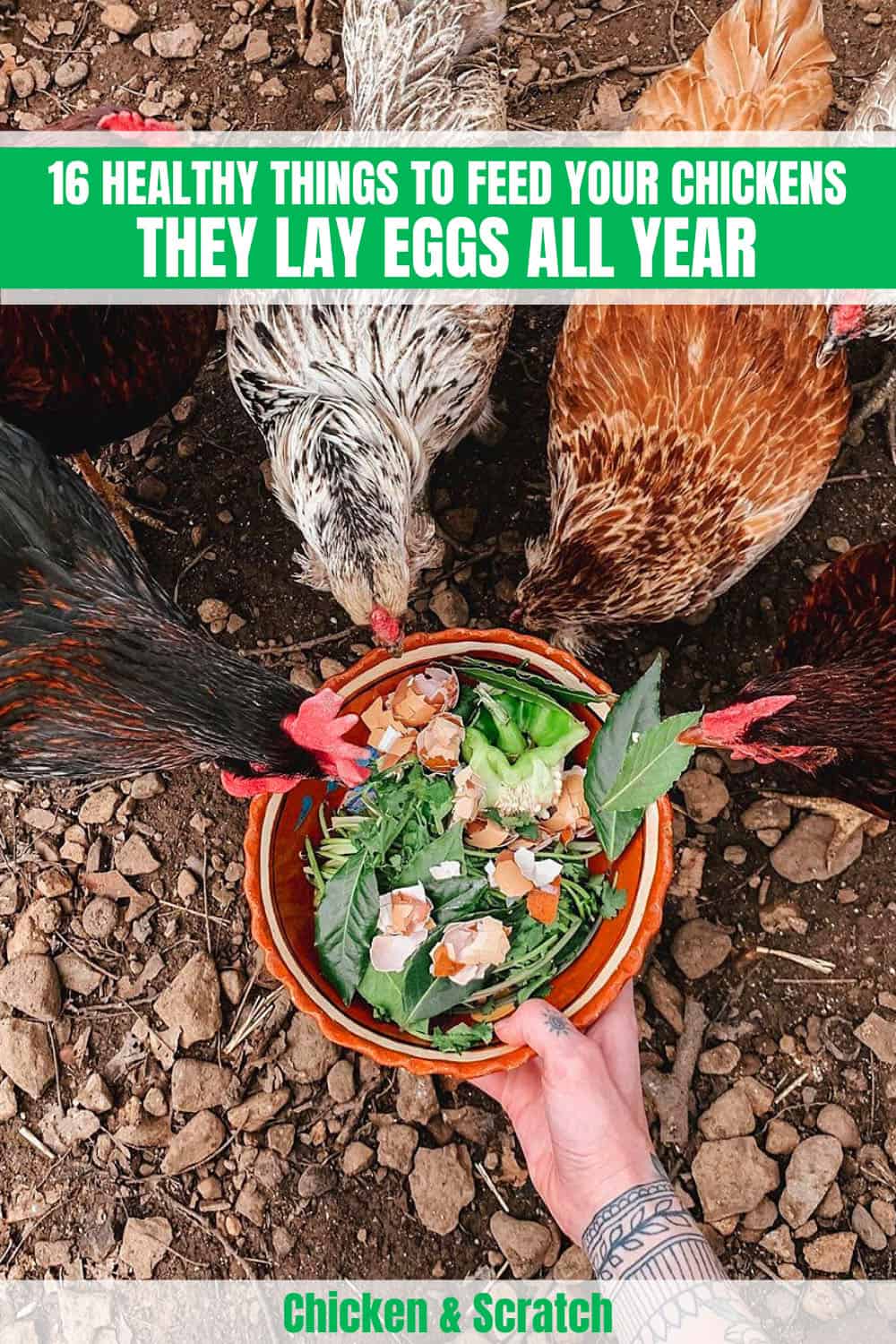
Commercial Chicken Feed
Commercial chicken feed is the most common diet for laying hens and is available in many varieties. It is formulated to provide balanced nutrition with the necessary proteins and minerals for healthy egg production. Commercial chicken feed should always be the primary source of nutrition for laying hens.
Kitchen Scraps
Kitchen scraps are an excellent source of additional nutrition and can be a great way to reduce food waste. Kitchen scraps should not make up more than 10% of a laying hen’s diet. Any kitchen scraps should be cooked, not given raw, and should include a variety of vegetables, fruits, and grains.
Greens & Grains
Greens and grains are also a great way to supplement a laying hen’s diet. Leafy greens such as spinach, kale, and leafy herbs are an excellent source of vitamins and minerals. Grains such as wheat, oats, and barley are also a great source of energy for laying hens.
Supplements
In addition to the above, laying hens may need additional supplements to ensure they are getting the nutrients they need to maintain healthy egg production. Supplements such as calcium, vitamin D3, and omega-3 fatty acids can help to ensure the hen’s diet is balanced and complete.
Water Requirements
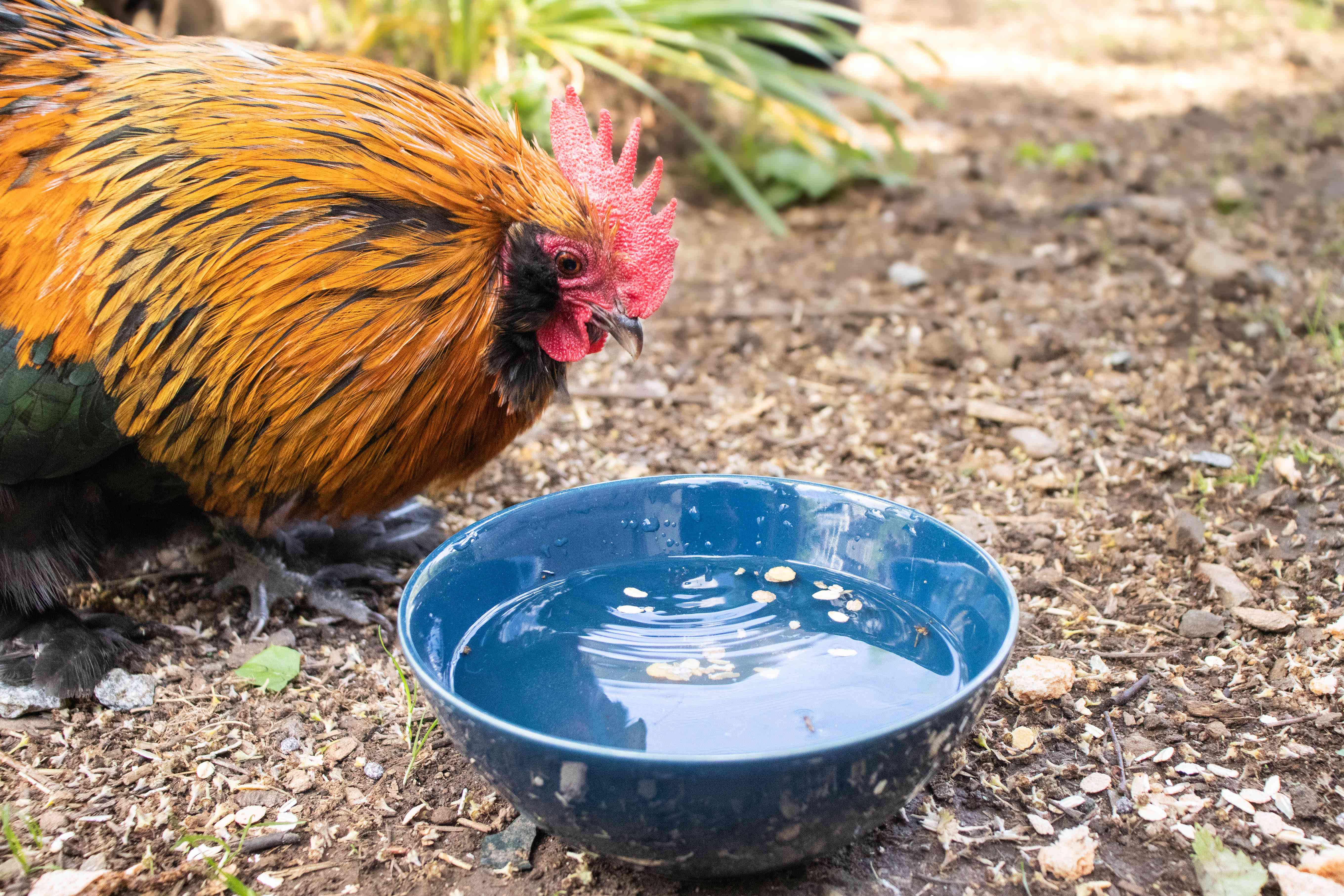
Chickens require clean, fresh water daily, preferably from a shallow bowl rather than a trough. Water should be changed daily and the bowl or trough should be cleaned weekly. Both water and feed should be placed in shaded areas to prevent them from becoming too hot. A shallow bowl of water is necessary for chickens to drink and bathe. The bath water should be changed every few days to prevent it becoming contaminated.
Chickens require a minimum of one quart of water per day for each bird. In hot weather, they may need up to three times as much water. If the water supply is inadequate, chickens may become dehydrated and will be less productive.
It is also important to provide a consistent source of water. If the water supply is interrupted, chickens may become stressed and production may be affected. This can be prevented by ensuring the water source is reliable.
Finally, chickens require a water supply that is free of disease-causing organisms. Water should be tested periodically to ensure it is free of contaminants. Additionally, water should not be exposed to direct sunlight, which can cause algal growth.
Feeding Frequency
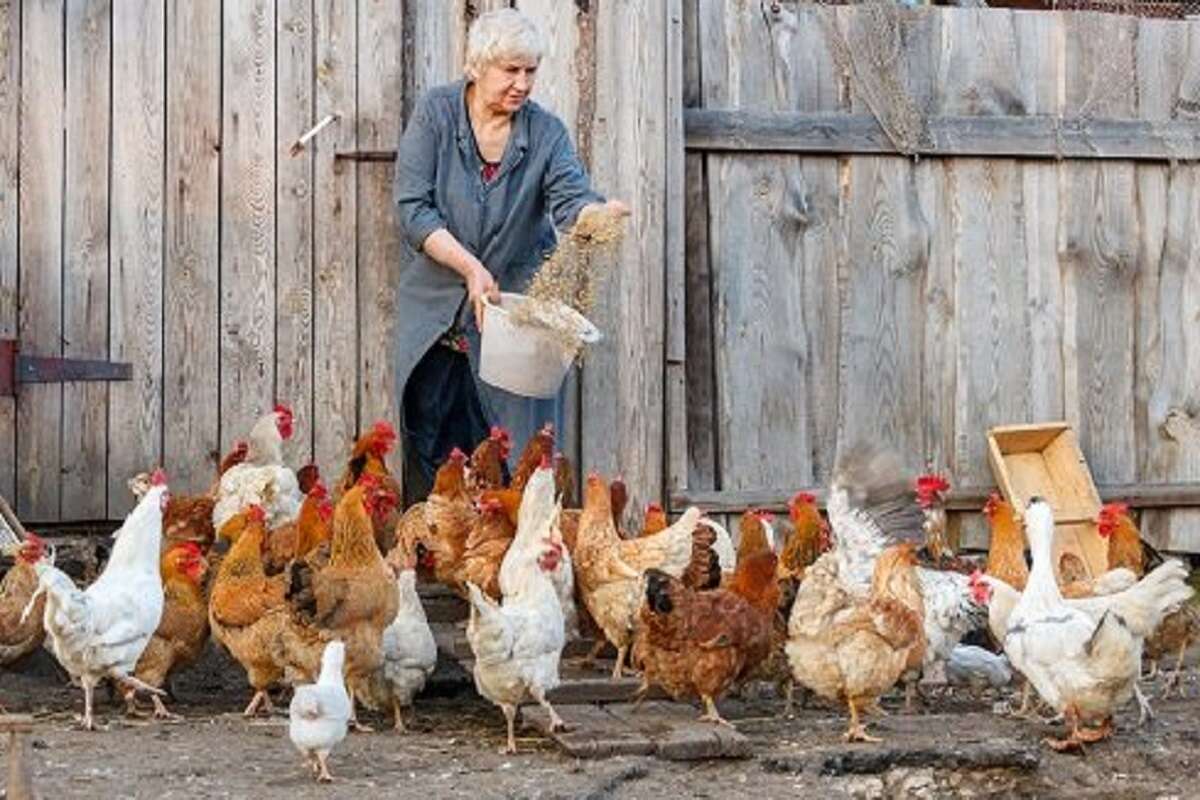
- Hens should be fed small, frequent meals throughout the day. This helps keep their energy levels up and prevents them from becoming too hungry, which can lead to feather-pecking and other aggressive behaviors.
- The amount of food a hen needs depends on her age and activity level, so be sure to adjust their feed accordingly. For example, a young, active hen may need to be fed twice a day, while an older, less active hen may only need to be fed once a day.
- The best feeding schedule for your hens will depend on the type of feed you are using, as some feeds may need to be replenished throughout the day and others can be left out for a few hours without spoiling.
- It is also important to provide your hens with access to fresh, clean water at all times. This is especially important during hot weather, as hens need plenty of water to stay hydrated and healthy.
Feeding Tips
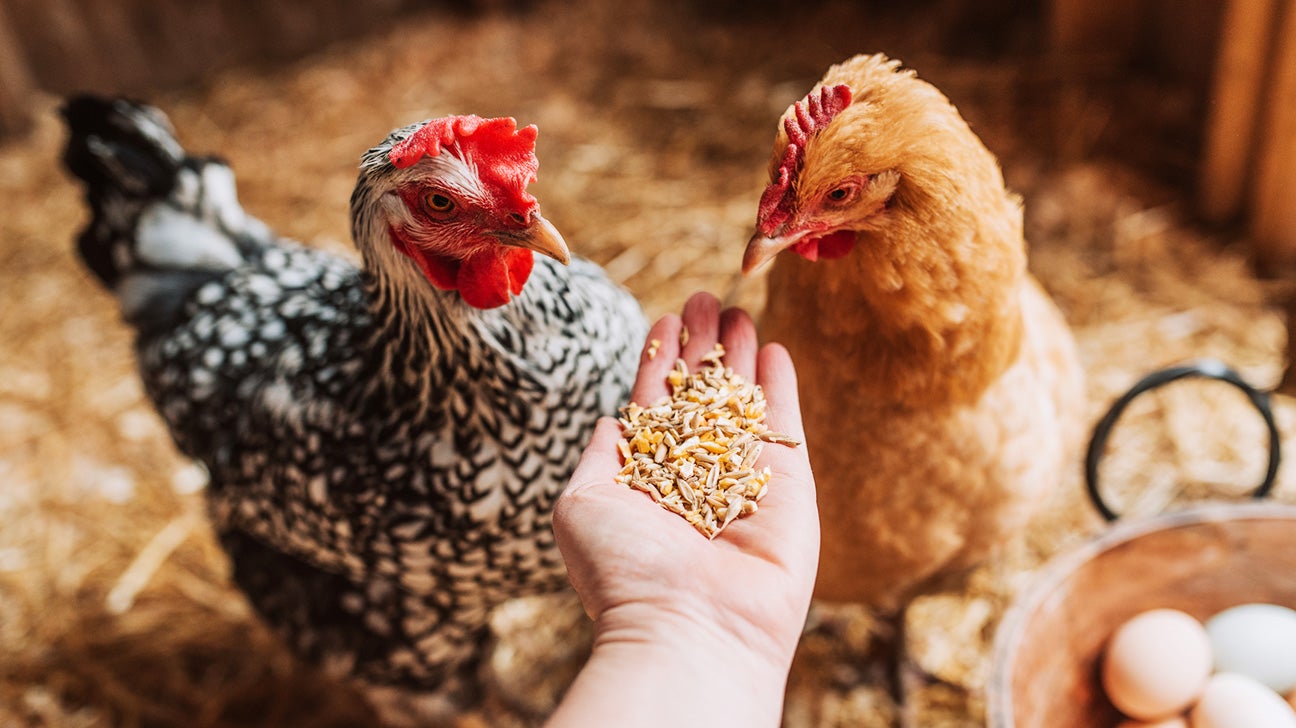
Allow Free-Range Access: Allowing chickens to roam freely in a secure area will allow them to forage for their own food, supplementing their diet and giving them variety.
Provide Nutritious Food: Provide a balanced and nutritious diet to your hens, including layers’ pellets, mealworms, and vegetable and fruit scraps.
Provide Calcium Sources: Make sure to provide a source of calcium for your chickens, such as crushed eggshells, oyster shell supplements, or calcium-fortified feed.
Provide Continuous Food Supply: Ensure that food and water are available at all times.
Keep Feeders Clean: Regularly clean feeders and waterers to ensure that your hens are consuming healthy and uncontaminated food.
Monitor Eating Habits: Monitor your hens’ eating habits. If you notice that your hens are not eating as much as usual, it could be a sign that their diet is lacking in nutrition.
Potential Risks
- Nutrient Deficiencies: If a hen’s diet is not balanced, she may suffer from nutrient deficiencies, which can lead to health issues such as anemia or reproductive problems.
- Gastrointestinal Issues: Overfeeding or feeding the wrong type of food can cause gastrointestinal issues in hens, such as diarrhea, vomiting, or even death.
- Food Poisoning: Feeding hens the wrong type of food or food that has gone bad can cause food poisoning, which can be fatal.
Frequently Asked Questions
What types of food should I feed my chickens to maximize egg production?
Protein: Protein is essential for egg production, so it’s important to provide your chickens with a high-protein diet. This can include insects, cooked meat and fish, fish meal, poultry meal, meat and bone meal, soybean meal, and other commercially produced high-protein feeds.
Grains: Grains like corn, wheat, oats, and barley are a great source of energy for chickens. You can also provide them with commercial feed mixes that contain these grains.
Vitamins and Minerals: Vitamin A, vitamin D, and calcium are essential for egg production. You can provide these in the form of greens, alfalfa hay, and commercial feed mixes that contain these vitamins and minerals.
Fats and Oils: Fats and oils are important for egg production, and can be provided in the form of kitchen scraps, cooked eggs, and commercial feed mixes that contain these fats and oils.
Grit: Grit is an important component of a chicken’s diet, as it helps them digest their food. You can provide this in the form of sand, gravel, or small pebbles.
How Often Should I Feed My Chickens to Ensure They Are Getting the Nutrition They Need?
Chickens should be fed daily, with a diet consisting of a good quality feed, fresh water, and a calcium supplement. For adult layers, feed should be available at all times, and for chicks, four times per day is recommended. It is important that the feed is of good quality, free from mould and other contaminants, and provide the essential nutrients for their diet. Supplementing their diet with treats such as vegetables, fruits, and mealworms can also help provide essential vitamins and minerals.
Are there any special considerations I should make when feeding chickens in colder climates?
- Provide additional energy: Chickens in colder climates will require more energy to maintain a normal body temperature, so offering additional energy sources such as grains, legumes, and oil seeds can help maintain their health.
- Opt for high-fat feed: High-fat feed can help chickens maintain their body temperature in colder climates, so consider switching to higher-fat feed during the winter months.
- Offer supplemental heat: If temperatures are too cold, you may need to provide supplemental heat to ensure your chickens stay warm.
- Provide extra protein: Cold weather can increase a hen’s need for protein, so consider offering higher protein sources such as fish meal, alfalfa meal, or soybean meal.
- Keep waterers from freezing: Make sure your waterers are regularly checked for ice and kept from freezing.
- Provide shelter: Make sure your chickens have access to a sheltered area where they can escape from cold weather and wind.
Are There Any Foods I Should Avoid Feeding My Chickens?
Chickens should not be fed chocolate, caffeine, avocado, green potatoes, or raw beans as these can be toxic. Additionally, avoid feeding chickens mouldy food as this can cause respiratory issues. It is also important to avoid feeding them too much bread as this can cause digestive problems.
Are there any supplements I should add to my chickens’ diet for better egg production?
Adding nutritional supplements to a chicken’s diet can help improve egg production. These supplements can include vitamins and minerals, oyster shell, and probiotics. It is important to consult a veterinarian or nutritionist to ensure that your chickens are receiving the right amount of supplements for their diet. Additionally, adding an occasional treat of fresh greens and insects can provide additional nutrient sources and help promote egg production.
Conclusion
A balanced diet is essential for healthy hens and egg production. Ensure that your chickens have access to a balanced diet with adequate amounts of protein, calcium, and other essential vitamins and minerals. Additionally, provide a variety of treats to keep your chickens healthy and active. With proper nutrition, your chickens will lay eggs regularly and remain healthy.
